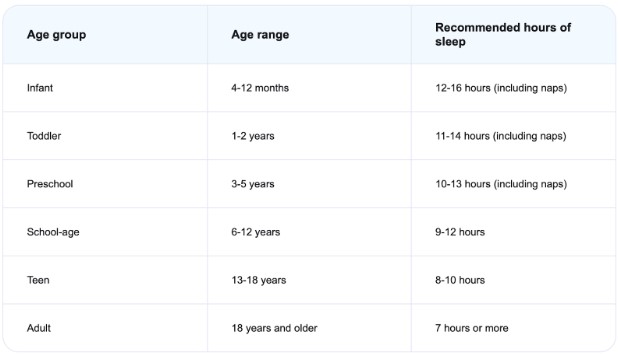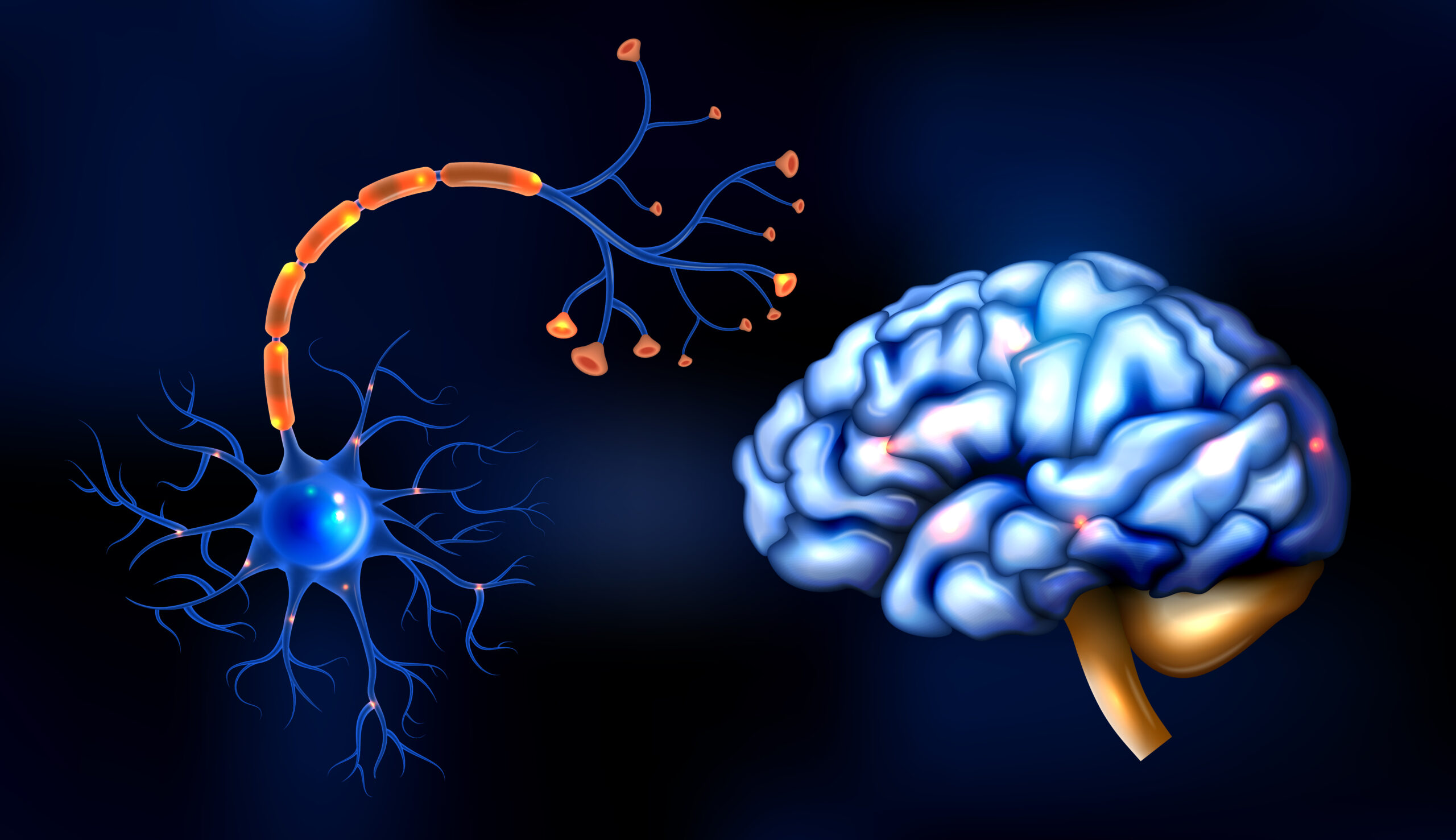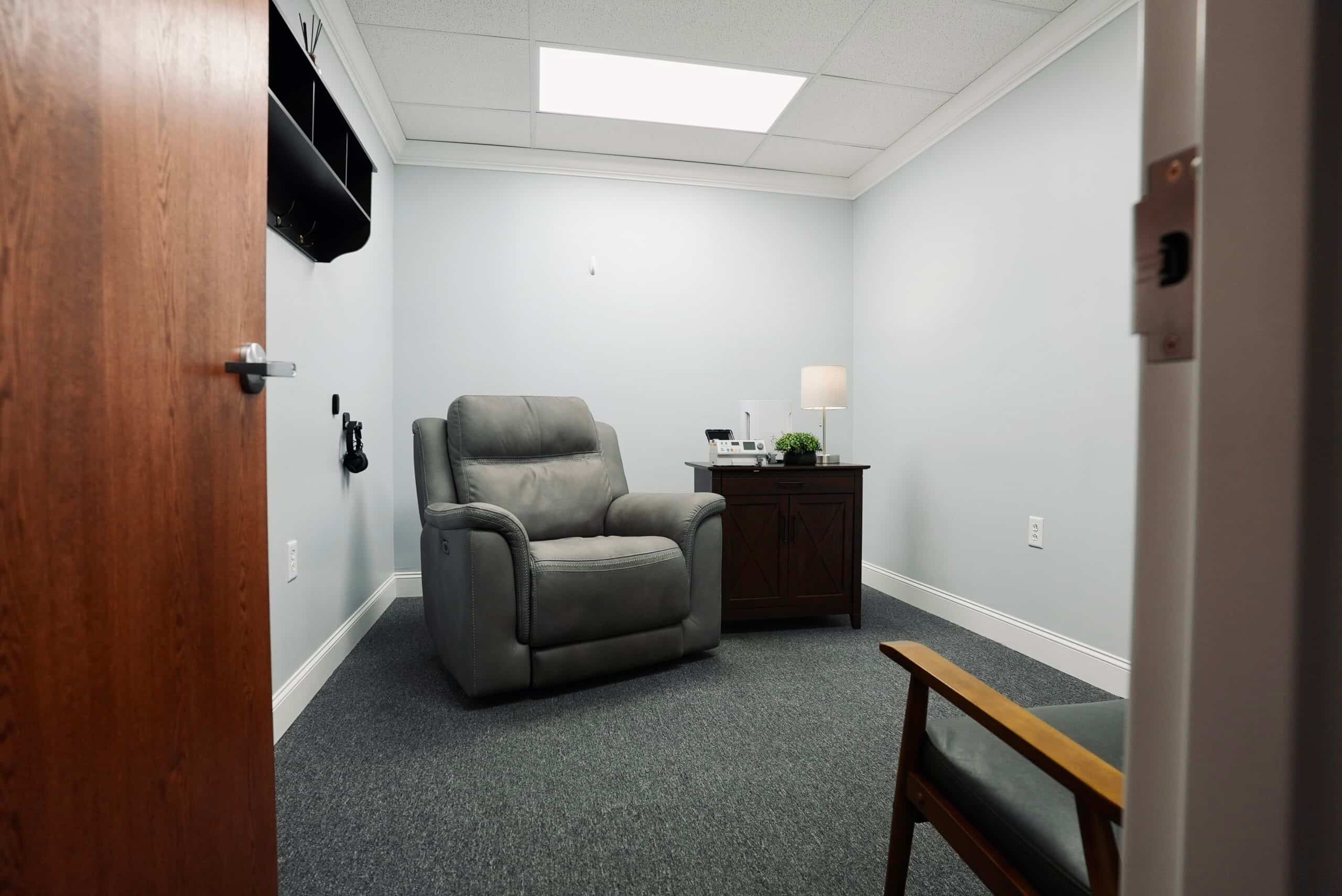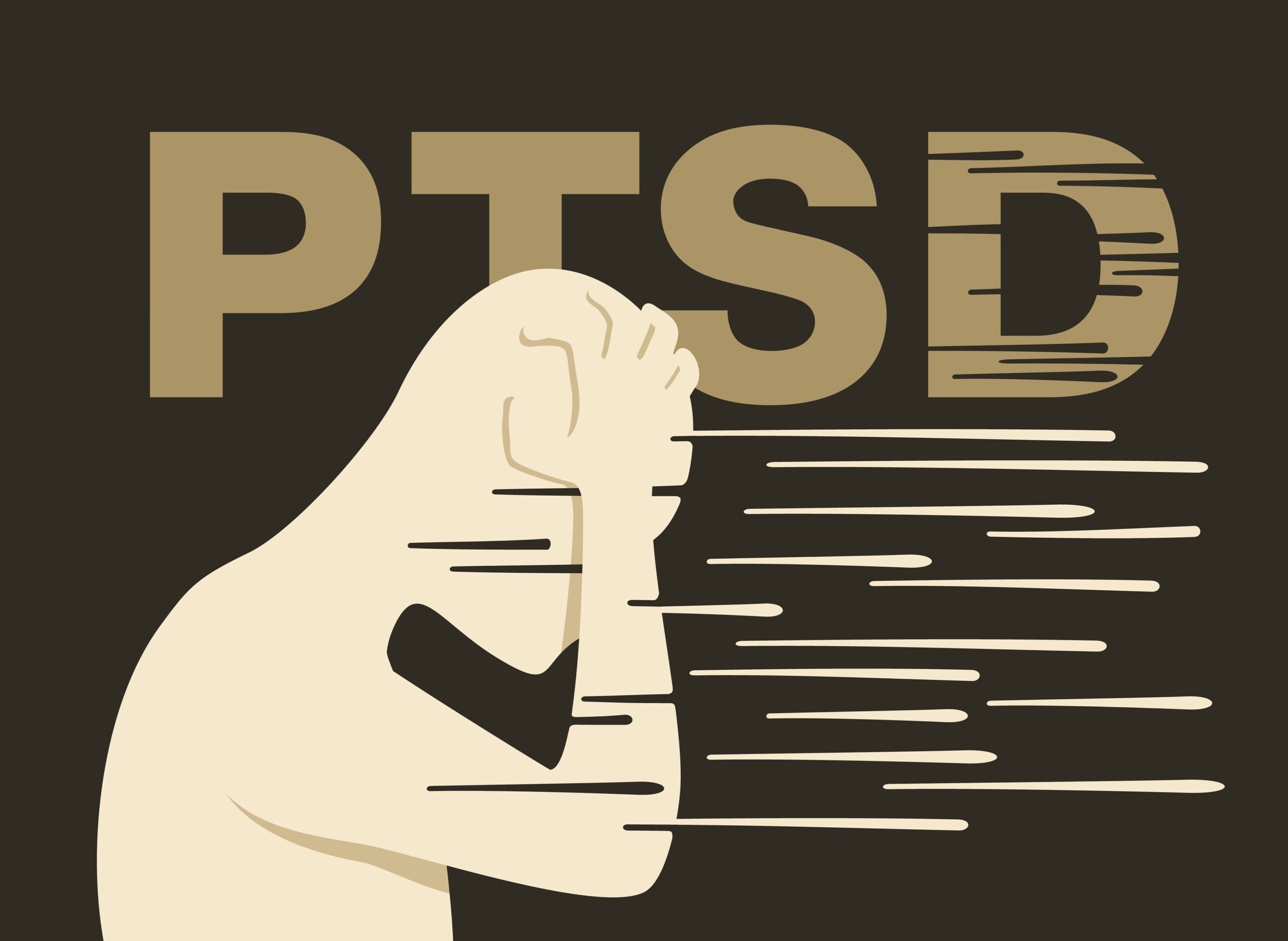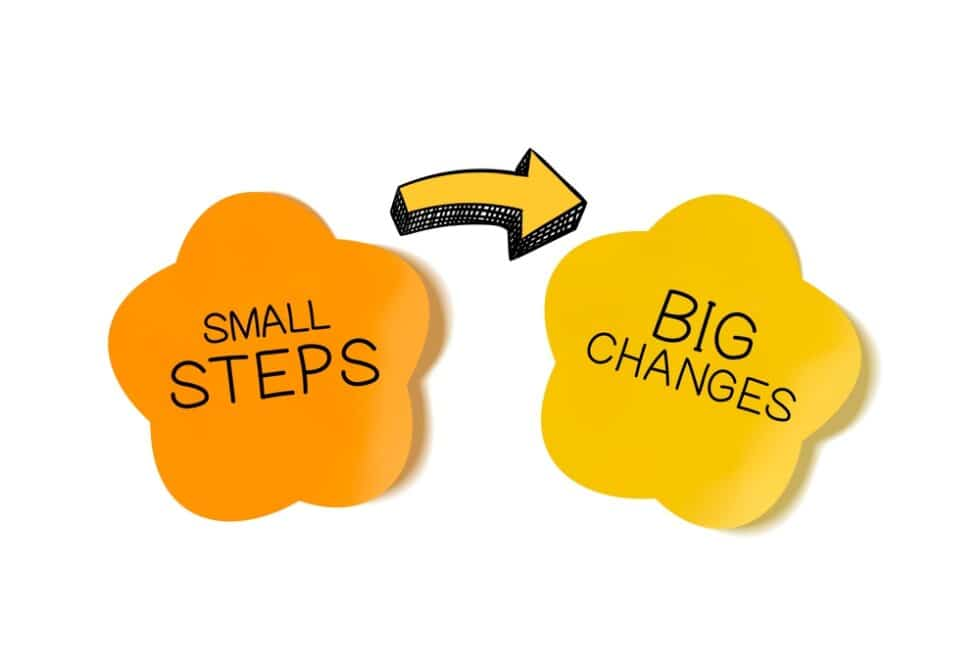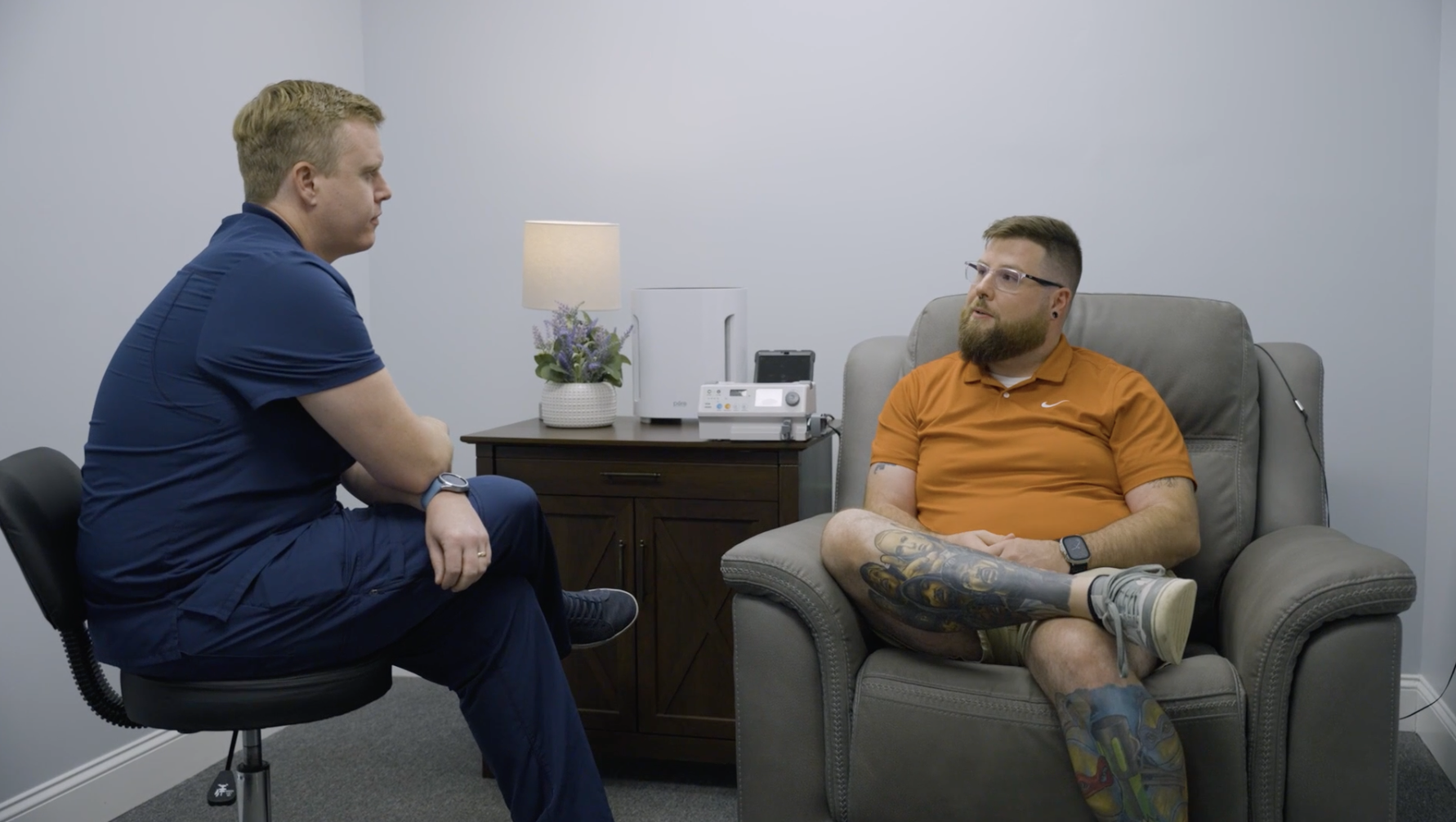Written by Katherine Kessler in collaboration with psychologist Beth Capecchi
Prepare for Winter: Your Fall Checklist for Better Mental Health
As the days grow shorter and the temperature drops, many of us find our mood shifting along with the season. While it’s natural to want to cozy up indoors, for some, the winter months bring more than just a craving for comfort – they bring Seasonal Affective Disorder (SAD). If you’re someone who notices a dip in your mental health as the leaves start to fall, now is the time to take proactive steps.
We often overlook how simple daily healthy habits, such as nourishing our bodies or getting sufficient rest, can significantly improve our well-being and reduce the risk of developing anxiety, depression, or experiencing a breakdown. Start implementing these strategies this fall to prepare your mind and body for the winter ahead.
Understanding Seasonal Affective Disorder (SAD)
Seasonal Affective Disorder (SAD) is a type of depression that occurs at the same time each year, most commonly in the winter. To be diagnosed with SAD, this pattern must occur for at least two consecutive years and last several months. While it shares many symptoms with typical depression, such as feelings of sadness, anxiety, hopelessness, anhedonia, and fatigue, SAD has distinct characteristics.
Winter Pattern Depression Symptoms:
- Increased desire to sleep or hibernate
- Overeating, particularly craving carbohydrates
- Social withdrawal
- Low energy or fatigue
- A feeling of sadness
According to the National Institute of Mental Health, millions of Americans are affected by SAD, with symptoms often emerging in young adulthood. Unfortunately, many people may not realize they have it, dismissing their symptoms as just “winter blues.”
What Causes SAD?
Several factors contribute to the onset of SAD:
- Vitamin D Deficiency: Our bodies produce vitamin D when exposed to sunlight. Fewer daylight hours during winter can contribute to a deficiency and, in turn, affect our mood.
- Disrupted Sleep/Wake Cycles: Melatonin, a hormone that regulates sleep, is produced in response to darkness. Longer nights can disrupt our natural sleep cycles, leading to feelings of lethargy and sadness.
- Poor Daily Habits: Unhealthy lifestyle choices, such as inadequate nutrition and hydration, lack of physical activity, and insufficient sleep, can exacerbate the effects of SAD, making it harder to manage symptoms effectively.
The body may also ‘remember’ previous winter depressions, associating colder weather and shorter days with depressive symptoms. As Dr. Bessel van der Kolk explains in The Body Keeps the Score, our bodies can store memories of past trauma or stress, which can resurface during similar conditions, like the transition to winter.
Your Fall Checklist for Better Mental Health
To prepare for and potentially prevent the effects of SAD, we spoke with Beth Cappechi, Ph.D. about incorporating these essential habits into your routine this fall:
- Maximize Natural Light Exposure
- Get outside during daylight hours: Even on cloudy days, natural light is more powerful than indoor lighting. Take a walk during lunchtime, even if you need to bundle up, or whenever you can soak up some rays.
- Consider light therapy: A bright light box can be an effective tool for SAD. From fall to spring, use it first thing in the morning to help regulate your mood.
- Support Your Body with Nutrients
- Boost your vitamin D levels: According to the National Institutes of Health, nearly 50% of people in the United States have low vitamin D3 levels. It could be a good idea to get your labs checked and consider taking a supplement, especially during the winter months.
- Consider other supplements: Vitamin B12, fish oil (omega-3s), and magnesium have all been shown to support mental health. Consult with your healthcare provider to see if you could benefit from these supplements. If you are near Chattanooga, Tennessee, we recommend visiting our friends at Nutrition World for trusted advice and high-quality products.
- Eat a balanced diet: Focus on nutrient-dense foods like fruits, vegetables, lean proteins, and whole grains. Avoid excessive sugar and processed foods, which can lead to energy crashes and mood swings.
- Limit Alcohol: Limiting alcohol is crucial for maintaining mental health, as it can have significant effects on mood and anxiety levels.
-
- According to the American Addiction Centers, alcohol can exacerbate depression and depressive symptoms.
-
- The Washington Post notes that increased anxiety following even moderate drinking is common, as the GABA-enhancing effect of alcohol quickly dissipates.
-
- Henry Ford Health highlights that individuals who suffer from depression and anxiety are more likely to experience heightened anxious feelings after drinking.
-
- As a depressant, alcohol affects the brain in various ways. High doses can induce feelings of sadness during intoxication, which often evolve into anxiety during hangovers and withdrawal, as detailed in “Alcohol, Anxiety, and Depressive Disorders.” Regular and excessive alcohol consumption increases the likelihood of developing temporary anxiety and depressive symptoms, with more severe symptoms likely as consumption levels rise.
- Properly Hydrate Your Body with Water
- Support Systems of the Body: Did you know your body is over 60% water? Water is crucial for our bodies as it helps build and maintain cells. It keeps us cool by sweating and breathing, moves nutrients around, removes waste, cushions the brain and spinal cord, helps make saliva, and keeps our joints moving smoothly.
- Manage Stress and Mood: Proper hydration can aid in managing stress and improving your overall sense of well-being. Aim to drink half your body weight in ounces of water daily to keep your body and mind in optimal condition.
- Establish a Consistent Sleep Routine
- Maintain regular sleep hours: Try to go to bed and wake up at the same time every day, even on weekends. This helps regulate your body’s internal clock. You can also reference the Sleep Foundation’s chart for Recommended Sleep Times By Age Group (pictured below).
- Limit naps: While the urge to nap may increase in winter, too much daytime sleep can interfere with your nighttime rest.
- Create a bedtime routine: A bedtime routine helps establish a set of consistent cues that signal your brain to prepare for sleep, making it easier to fall asleep quickly and enjoy a more restful night. To reinforce the sleep association, perform calming activities in the same order each night, like dimming lights, taking a warm bath, or reading a book.
- Prioritize Physical Activity
- Move your body regularly: Exercise increases blood flow and releases endorphins, which can help combat depression. Even a brisk walk can make a difference.
- Try fall and winter activities: Embrace the season by engaging in outdoor activities like hiking or indoor workouts that keep you active and energized.
- Stretch your body daily: Stretching is highly beneficial for your health at every age. It enhances your flexibility, improves balance, prevents falls, and can alleviate arthritis and different aches and pains such as back and knee pain. According to Harvard Health, “A daily regimen will deliver the greatest gains, but typically, you can expect lasting improvement in flexibility if you stretch at least two or three times a week.”
- Foster Social Connections
- Plan social activities: Feelings of loneliness can exacerbate SAD. Make an effort to schedule regular meetups with friends and family, whether for a meal, a walk, or a game night. Humans are inherently social beings who thrive in community settings.
- Stay connected: If in-person meetups aren’t possible, maintain connections through phone calls or video chats. Research has shown that strong social networks and active participation in community life are linked to lower levels of stress and a reduced risk of mental health issues, such as depression and anxiety.
- Focus on Purpose and Productivity
- Cultivate a sense of purpose: To cultivate a sense of purpose, start by exploring your personal gifts, passions, and interests to identify what truly matters to you. Engage in activities that align with these values through hobbies, volunteering, or pursuing meaningful goals. Regular reflection on these choices will show how your pursuits contribute to a larger sense of fulfillment and impact.
- Set small, achievable goals: Start your day with three small tasks such as physical activity, reading a book, unloading the dishwasher, or making your bed. Completing these tasks immediately upon waking up will provide you with a sense of accomplishment and can set a positive tone for the day.
- Monitor and Adjust Your Habits
- Use Beth’s ‘SPENDS’ tool: Evaluate your Sleep, Productivity, Exercise, Nutrition, Downtime, and Social support on a 1-10 scale. Then rate your mood on a 1-10 scale. Take the average of your SPENDS score and compare it with your mood rating. If both are low, consider which areas (SPENDS) need improvement.
Reflect and Ask Yourself These Questions:
- Am I sleeping enough?
- Do I have a sense of purpose?
- Do I feel productive?
- Am I exercising or moving my body?
- Am I drinking enough water?
- Am I fueling my body with healthy foods?
- Am I getting enough of the vitamins and supplements that promote good mental health?
- Am I limiting toxic substances like alcohol and sugar?
- Am I making time for myself?
- Do I have enough social support and connection?
- Am I opening up to people?
When to Seek Professional Help
Neurotherapy
Are you doing all the right things and still not feeling the benefits? It might be time to have a chat with our Care Team at Scenic City Neurotherapy. Treatments such as Minimally Stimulated Ketamine Infusion Therapy (MSKIT®) and Transcranial Magnetic Stimulation (TMS) can support your brain’s physiology, enhancing neuroplasticity and ensuring that your healthy daily habits yield the positive results they should. Take it from our patient, Rick, who suffered from PTSD:
“If I could boil this down to one overriding thought of what the ketamine has done, it is this: I learned how to change my mind. All of the other things that I’ve been doing – meditation, yoga, better diet, controlling drinking, exercise – all of it suddenly started to work, and I was getting results. I can say now that 2022 is the best year of my life so far. I finally have a lasting sense of well-being and peace.”
Your journey toward better mental wellness begins today with small yet meaningful steps toward a better tomorrow.
Psychotherapy
Minimally Stimulated Ketamine Infusion Therapy (MSKIT®) and Transcranial Magnetic Stimulation (TMS) are powerful tools for treating conditions like depression, anxiety, and PTSD by optimizing the way the brain communicates and promoting neuroplasticity – the brain’s ability to reorganize itself and form new connections. However, for these changes to lead to lasting improvement in mental health, they should be followed up with psychotherapy.
In psychotherapy sessions following treatment, patients work with a therapist to learn positive coping skills and develop better daily habits. This combination promotes positive changes in feelings, thoughts, and behaviors, maximizing the benefits of ketamine therapy and leading to more sustainable and profound improvements in mental health.
Final Thoughts
While it’s natural to want to nest during the winter, it’s important to recognize when these tendencies are becoming problematic. By taking proactive steps now, you can limit the impact of SAD and enjoy a more balanced, fulfilling winter season. Remember, taking care of your mental health is just as important as taking care of your physical health.
For more information or support, consider reaching out to our Care Team or Beth Capecchi. Don’t hesitate to seek help if you need it. Your well-being is worth it.
About Beth Capecchi
Beth Capecchi is a licensed psychologist and has been in private practice for the past 20 years, working with adolescents and adults. She is married and has three teenagers. Beth enjoys working with a variety of issues, including relationship issues, self-esteem, anxiety, depression, family issues, grief, addiction issues, family of origin issues, trauma work, and more.
She founded Grounded Counseling in 2013. In March 2021, she launched the mental health podcast Never Perfect with an ADHD psychologist, and Charles Miller from Scenic City Neurotherapy was featured in one episode. In March of this year, she launched a faith podcast called Never Perfect Faith. Check out her website neverperfect.org for more information.
About Scenic City Neurotherapy
Founded in 2019, Scenic City Neurotherapy is at the forefront of advanced and comprehensive treatments for those facing treatment-resistant conditions. Our goal is to excel in opioid free pain management and mental health treatment, setting a standard of care that results in better outcomes and improved brain health. We specialize in Minimally Stimulated Ketamine Infusion Therapy (MSKIT®) and Transcranial Magnetic Stimulation (TMS) Therapy.
If you’re seeking innovative solutions for mental health, chronic pain, or neurodegenerative conditions, Scenic City Neurotherapy offers transformative treatment options. Join us in advancing brain optimization and empowering individuals to reclaim their lives.
Contact Charles Miller, Founder and Chief Medical Officer, to learn more about our Minimally Stimulated Ketamine Infusion Therapy (MSKIT®) and Transcranial Magnetic Stimulation (TMS) protocols. Call 423-228-0579 or visit www.ScenicCityNeuro.com.
